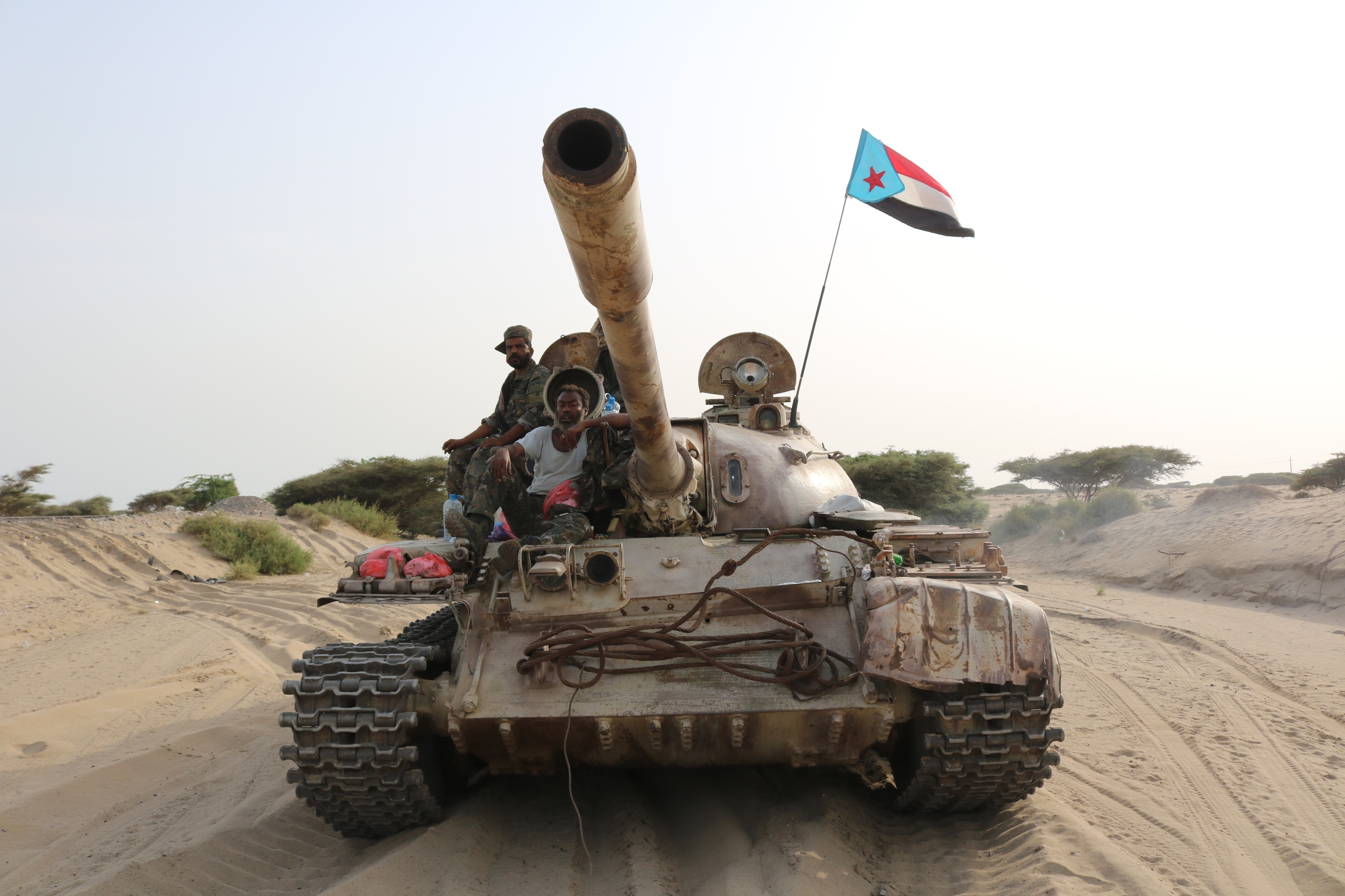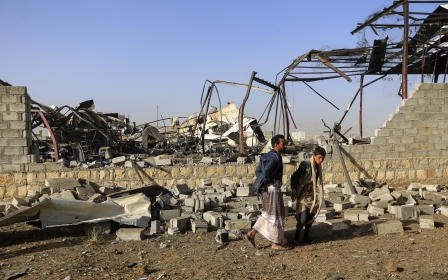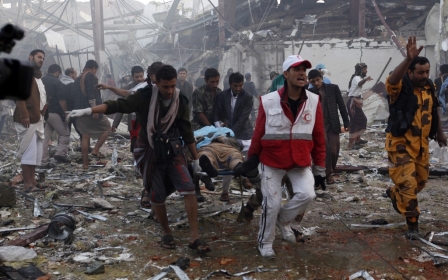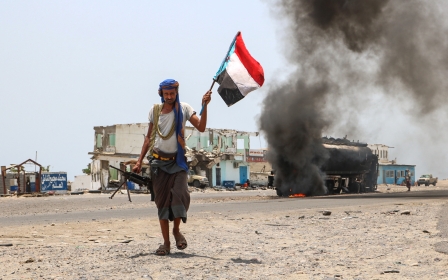South Africa halts arms exports to Saudi Arabia and UAE

South Africa has blocked arms sales to countries including Saudi Arabia and the United Arab Emirates (UAE) in a dispute over a clause that requires foreign customers to pledge not to transfer weapons to third parties.
The clause permits South African officials to inspect facilities to verify its compliance. However, Saudi Arabia and the UAE have rejected the inspections, claiming it would to be a violation of their sovereignty.
Engaged in a years-long war in Yemen, the Gulf countries stand accused of transferring arms to groups that rights groups say are committing war crimes.
The fallout has held up exports from South Africa's struggling defence sector, endangering billions of dollars and thousands of jobs.
The Aerospace, Maritime and Defence Industries Association of South Africa (AMD) said the dispute could threaten the sector's survival.
New MEE newsletter: Jerusalem Dispatch
Sign up to get the latest insights and analysis on Israel-Palestine, alongside Turkey Unpacked and other MEE newsletters
"We've got one clause that's disabling us from exporting 25bn rand [$1.7bn] worth of value today, right now," Simphiwe Hamilton, the head of the AMD, told Reuters.
A further $3.4bn to $4bn in future business and 9,000 jobs at defence firms and supporting industries are put at risk by the deadlock, the industry body said.
Combined, the two Gulf countries account for a third of South Africa's arms exports. Oman and Algeria have also seen their imports blocked after rejecting inspections.
South Africa's approach is rooted in reforms to its defence sector, once a pillar of the racist apartheid regime, since democratic rule was established in 1994.
Requiring inspections is uncommon in the international arms trade, though it is common practice to require clients to pledge not to transfer weapons to third parties in export documents known as end-user certificates.
Industry officials told Reuters that the clause requiring onsite inspections had long been included in an annex of end-user certificates, but rarely acted upon.
However, after arms control officials moved the clause to the front page of the certificates in 2017, some countries were reluctant to sign them.
"This is what's making some of these countries uncomfortable," Hamilton told Reuters. "You are encroaching on their sovereignty, and they cannot allow that."
Middle East Eye delivers independent and unrivalled coverage and analysis of the Middle East, North Africa and beyond. To learn more about republishing this content and the associated fees, please fill out this form. More about MEE can be found here.




